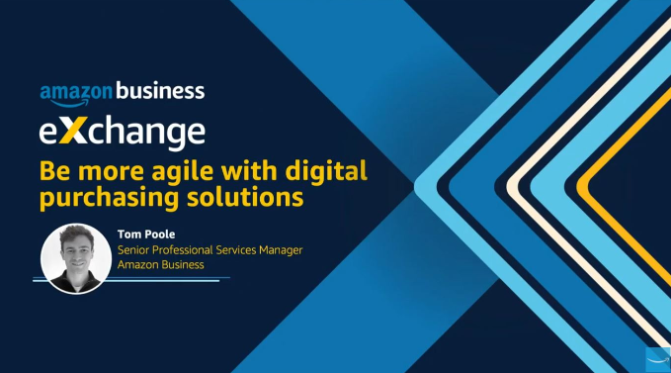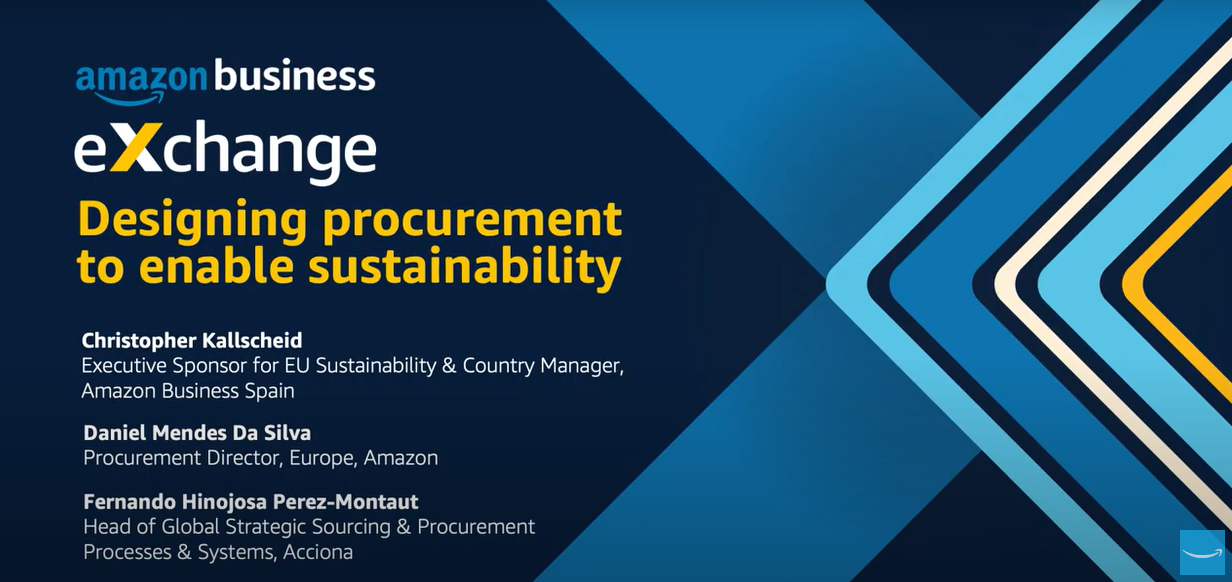The inventor of the World Wide Web, Sir Tim Berners-Lee, has called for an ‘open, neutral internet’ with its own bill of rights as his creation celebrates a major milestone.
Speaking 25 years to the day since he submitted a paper outlining his ideas to superiors at CERN, Sir Tim said that the web needed a “a global constitution” to ensure its users remain protected when using the service, particularly in the face of increased government snooping.
Sir Tim, who has been a major supporter of the revelations from whistleblower Edward Snowden, said that the issue of protection for web users could be compared to the importance of human rights, and called on people to take a stand against surveillance and keep the Internet ‘neutral’.
 Communal decision
Communal decision
“It’s time for us to make a big communal decision. In front of us are two roads – which way are we going to go?” Sir Tim told the BBC in an interview.
“Are we going to continue on the road and just allow the governments to do more and more and more control – more and more surveillance? Or are we going to set up a bunch of values?”
Calling for increased vigilance against surveillance so people can use the internet without feeling that someone was “looking over our shoulder”, he said “The people of the world have to be constantly aware, constantly looking out for it – constantly making sure through action, protest, that it doesn’t happen.”
To further this idea, Sir Tim has given backing to an initiative called, “the web we want”, urging internet users in every country to create a digital “bill of rights” for their nation, which he hopes will then be noticed by institutions and governments.
“Unless we have an open, neutral internet we can rely on without worrying about what’s happening at the back door, we can’t have open government, good democracy, good healthcare, connected communities and diversity of culture. It’s not naive to think we can have that, but it is naive to think we can just sit back and get it,” he said.
His comments drew support from many in the IT sector, who heralded the freedom that the web has brought. “The biggest legacy of the web’s first 25 years is the unrelenting freedom of information,” said Sergio Galindo, general manager, at GFI Software. “Limiting the young, vulnerable and other unsuitable users from accessing material that could offend or cause legal issues for employers makes perfect sense, but it is a content control that should be applied locally, rather than be a broad-spectrum censorship layer that could stifle the next 25 years of web innovation.”
 Untapped potential
Untapped potential
Sir Tim went on to say that the web should be accessible to all and the principles that have made it successful defended, hailing the web’s ‘billions of users’ as what make it great.
“I also hope this anniversary will spark a global conversation about our need to defend principles that have made the web successful, and to unlock the web’s untapped potential,” he said.
“I believe we can build a web that truly is for everyone: one that is accessible to all, from any device, and one that empowers all of us to achieve our dignity, rights and potential as humans”.
Described as ‘vague but exciting’ by Sir Tim’s bosses at CERN, the World Wide Web quickly became his brainchild, as he went on to develop the first web server and client before the system eventually went live come August 1991.
Unsurprisingly, the idea that his creation would end up playing such a major role in people’s lives would have seemed ‘crazy”’25 years ago, Sir Tim said.
“I don’t have a lot of sympathy with people who say: ‘There’s so much rubbish on the web,’ he said, adding that the web involved both the “wonderful” and the “ghastly” in representing “humanity connected’.
“Well, if there’s so much rubbish, if it’s rubbish, don’t read it. Go read something else”.
What do you know about public sector IT? Take our quiz!

 Communal decision
Communal decision Untapped potential
Untapped potential


